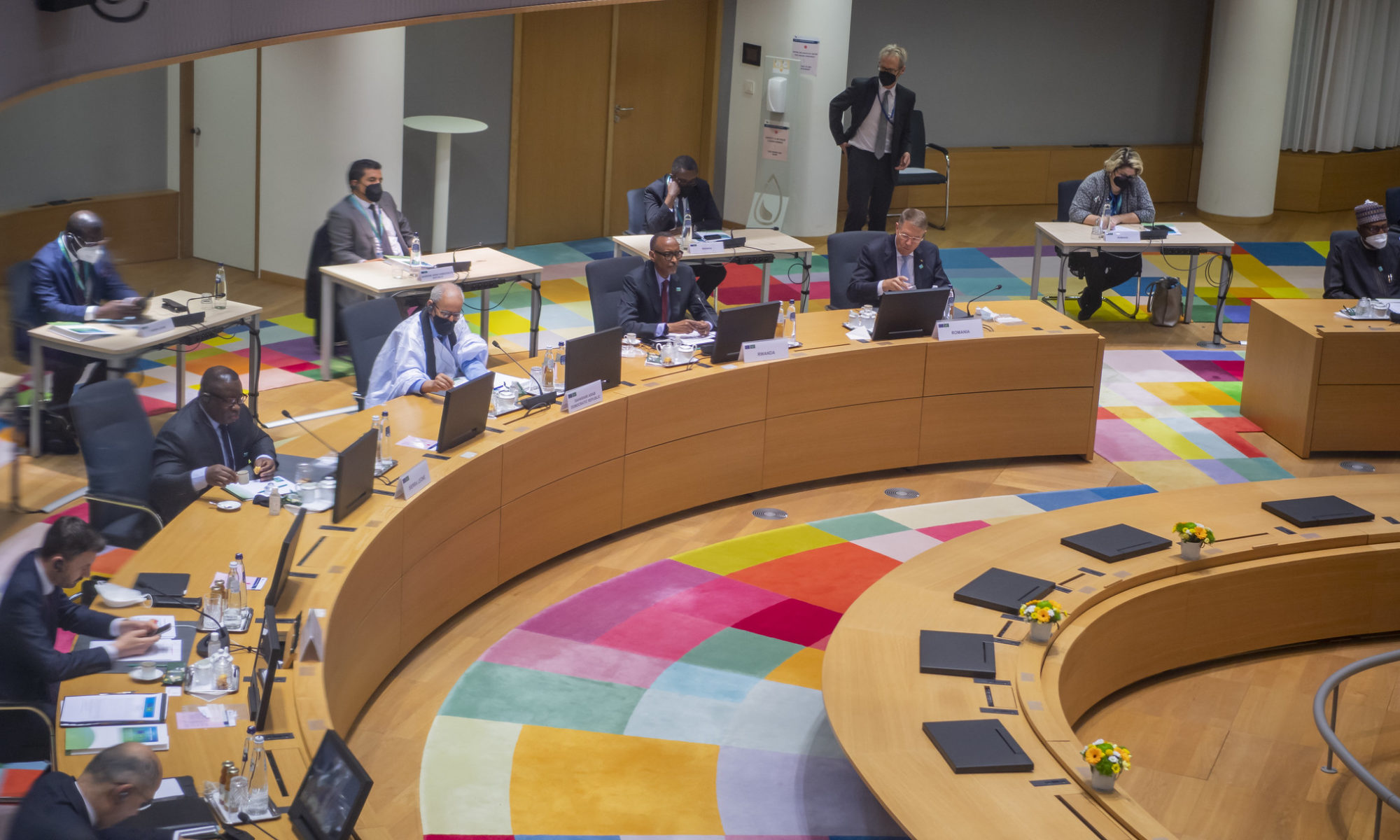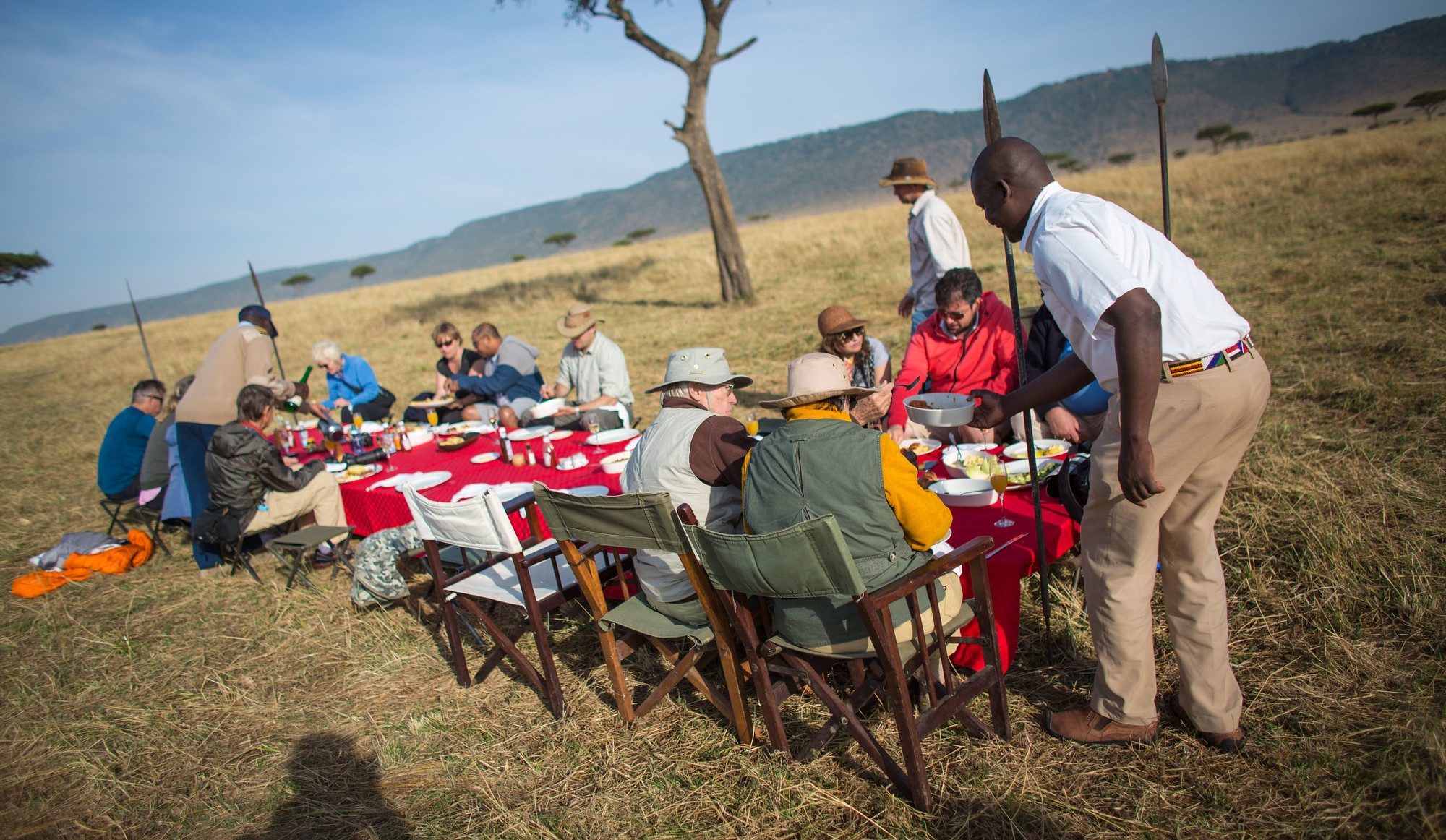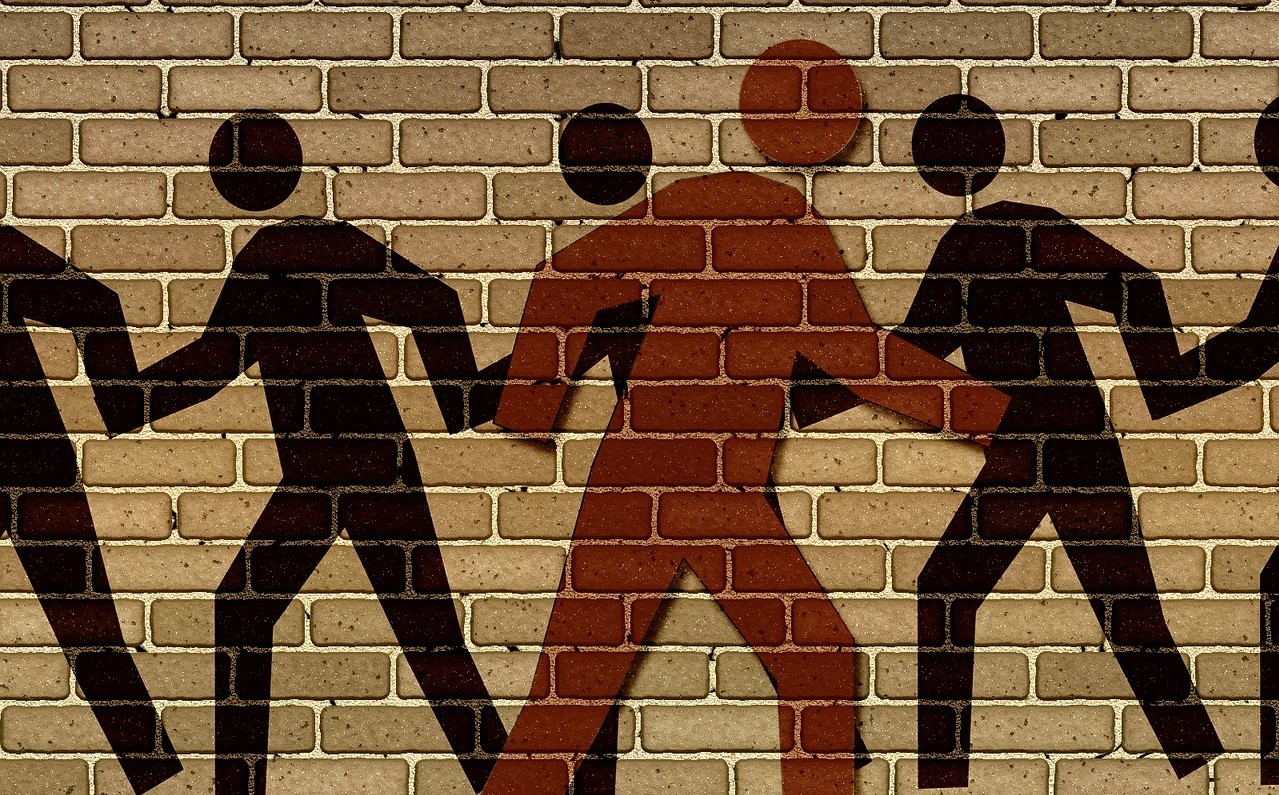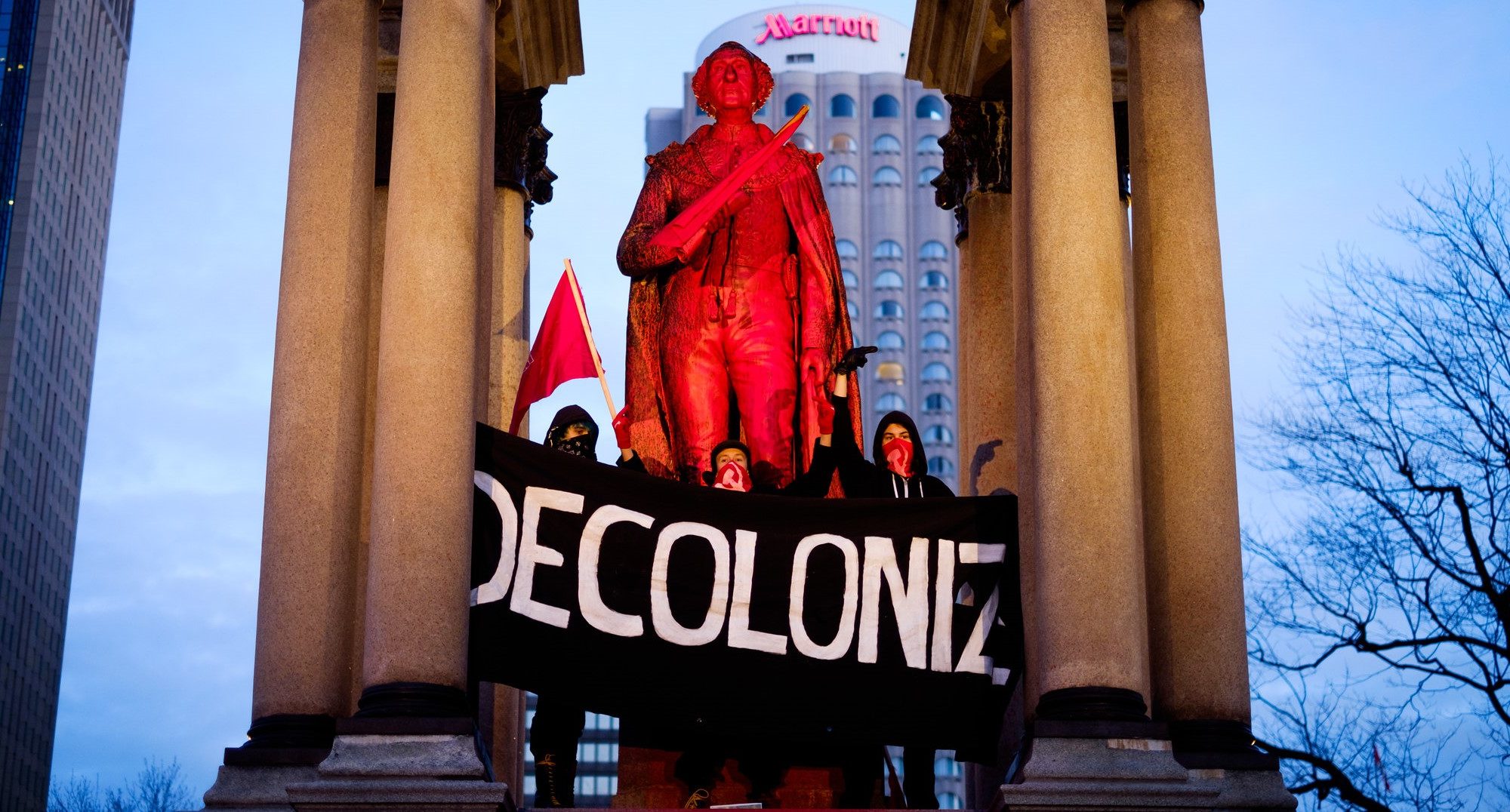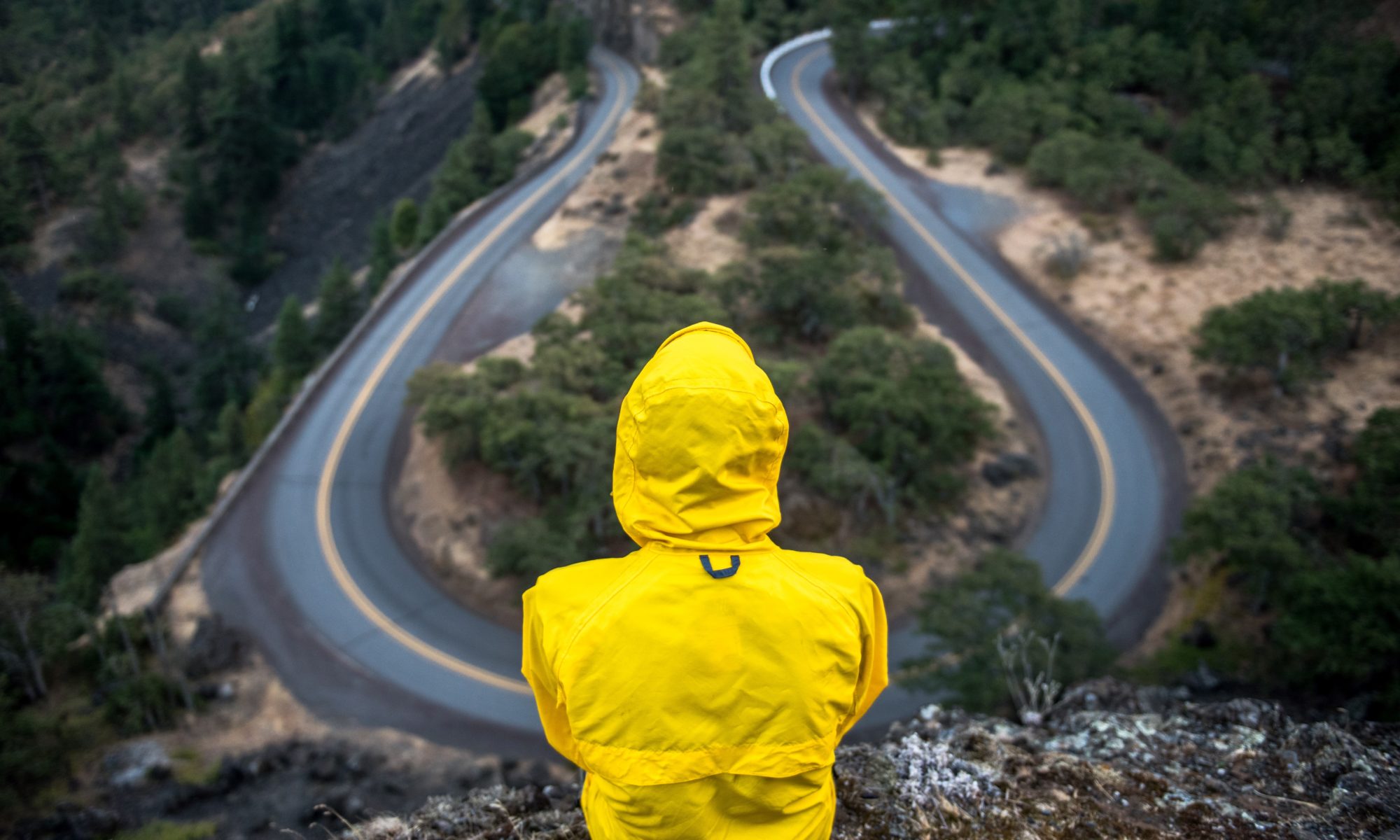By Niall Duggan, Luis Mah and Toni Haastrup
Summits between the African Union and European Union are essential to setting the big picture agenda of contemporary Africa-EU relations. They also carry weight because of their potential to ensure that African perspectives are also prioritised within the relationship.
Over the past six decades, trade and development has constituted the main basis for interaction between African countries, the continent’s institutions, and the EU. The EU remains an important actor in Africa despite the growing interests of other actors such as China, Turkey and the US among others.

